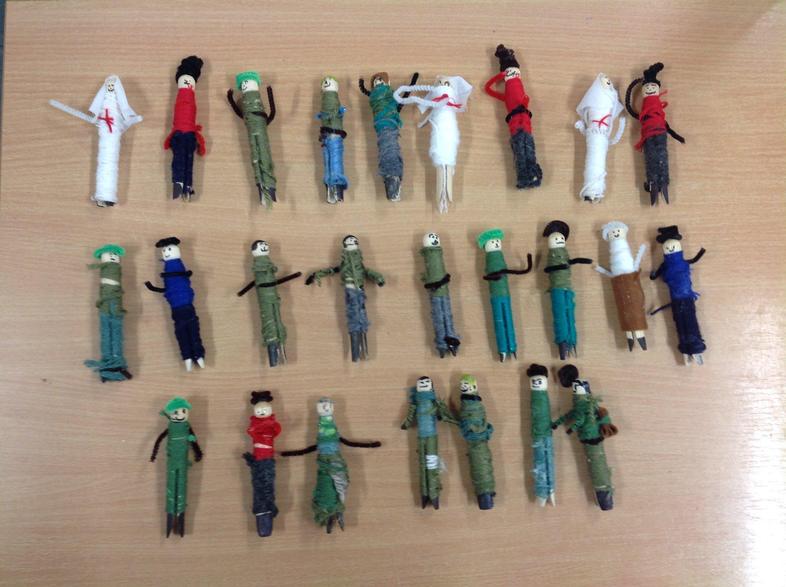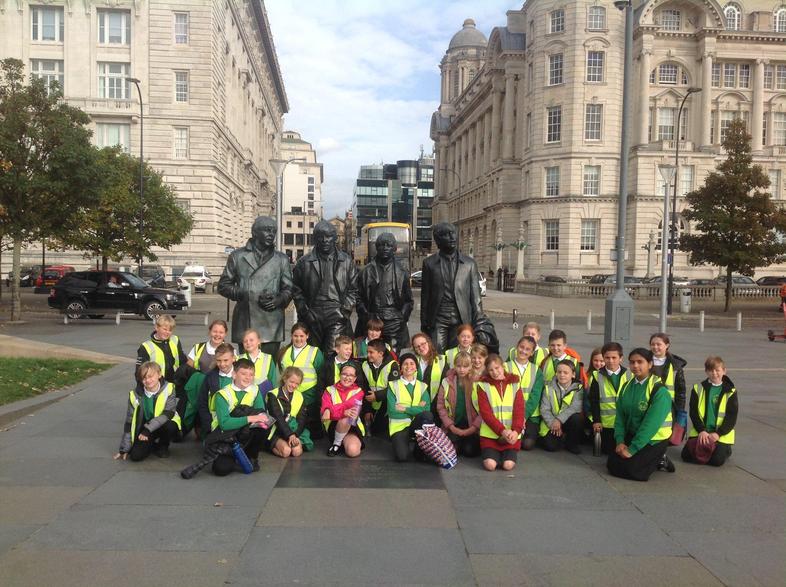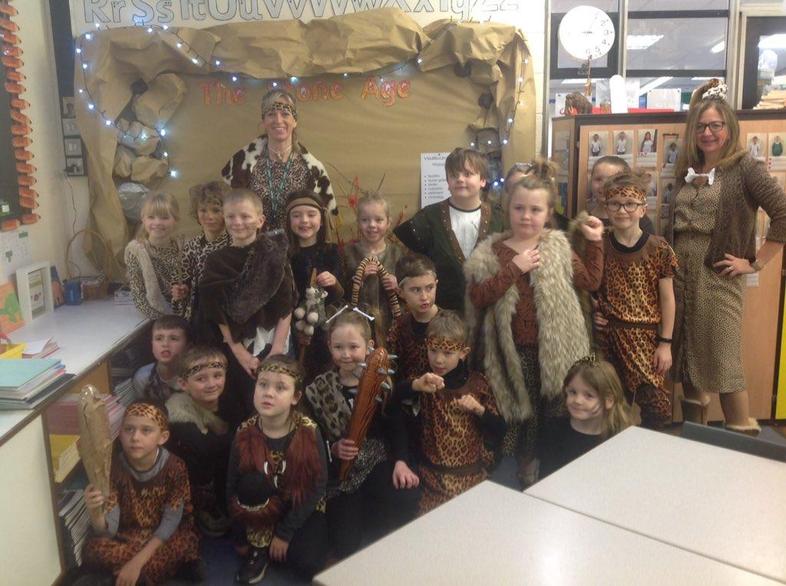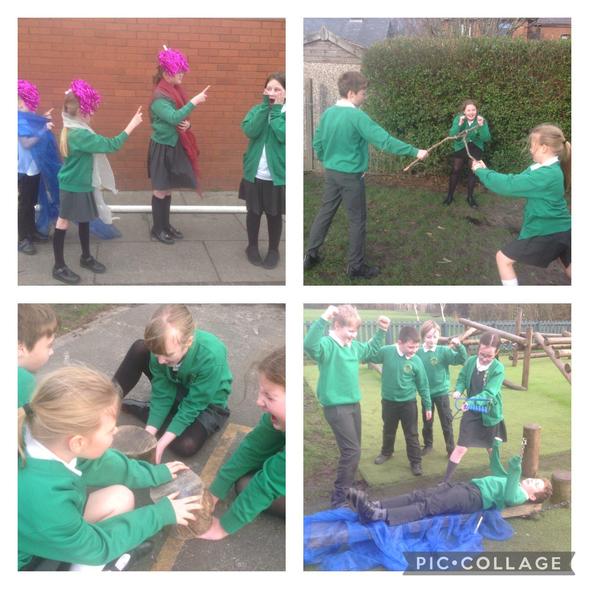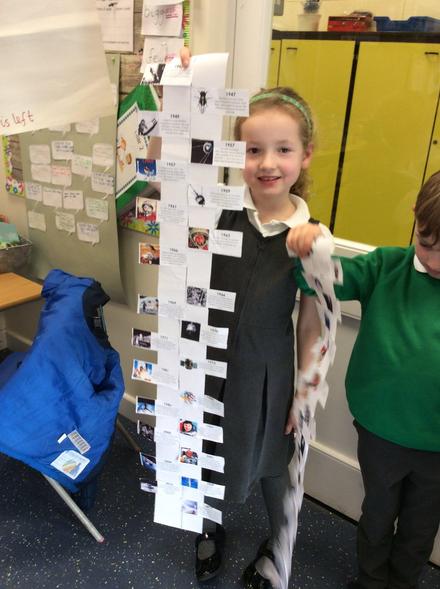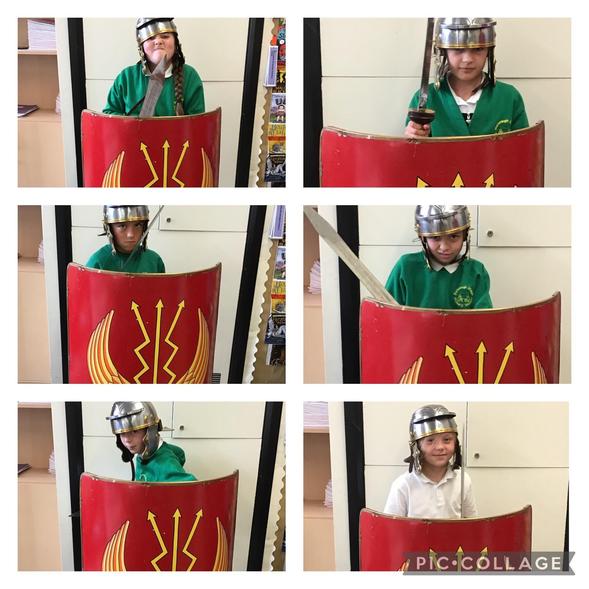‘The more you know about the past, the better you are prepared for the future.’
Theodore Roosevelt.

At Burscough Village Primary school, we want children of all ages to be curious to know more about the past and to have the skills required to explore their own interests. We aim to enable children to ask perceptive questions, think critically, weigh evidence, sift arguments, and develop perspective and judgement. It is important for children to develop a sense of identity through learning about the past and we want them to know how history has shaped their own lives.
At Burscough Village Primary School we use a variety of teaching and learning styles in their history lessons.
We believe children learn best when:
- They have access to, and are able to handle artefacts.
- They go on visits to museums and places of interest.
- They have access to secondary sources such as books and photographs.
- They listen to and interact with stories from the past.
- They are shown, or use independently, resources from the internet and videos.
- They are able to use non-fiction books for research.
- They are provided with opportunities to work independently or collaboratively, to ask as well as answer historical questions.
At Burscough Village Primary School, History is blocked each term so that children are given the opportunity and time to fully immerse themselves in the unit of work. The curriculum is structured in a way that allows for children to make links between current and previous learning. Teachers use the long-term plans for history to make comparisons between historical periods previously taught, developing children’s chronological knowledge and understanding from the Stone Age to present day. Teachers assess learning in History against knowledge and skills-based learning objectives within unit overviews. We recognise that there are children of differing abilities in all our classes, and so we provide suitable learning opportunities for all children. We achieve this through structured questioning, adult support and collaborative learning opportunities.
